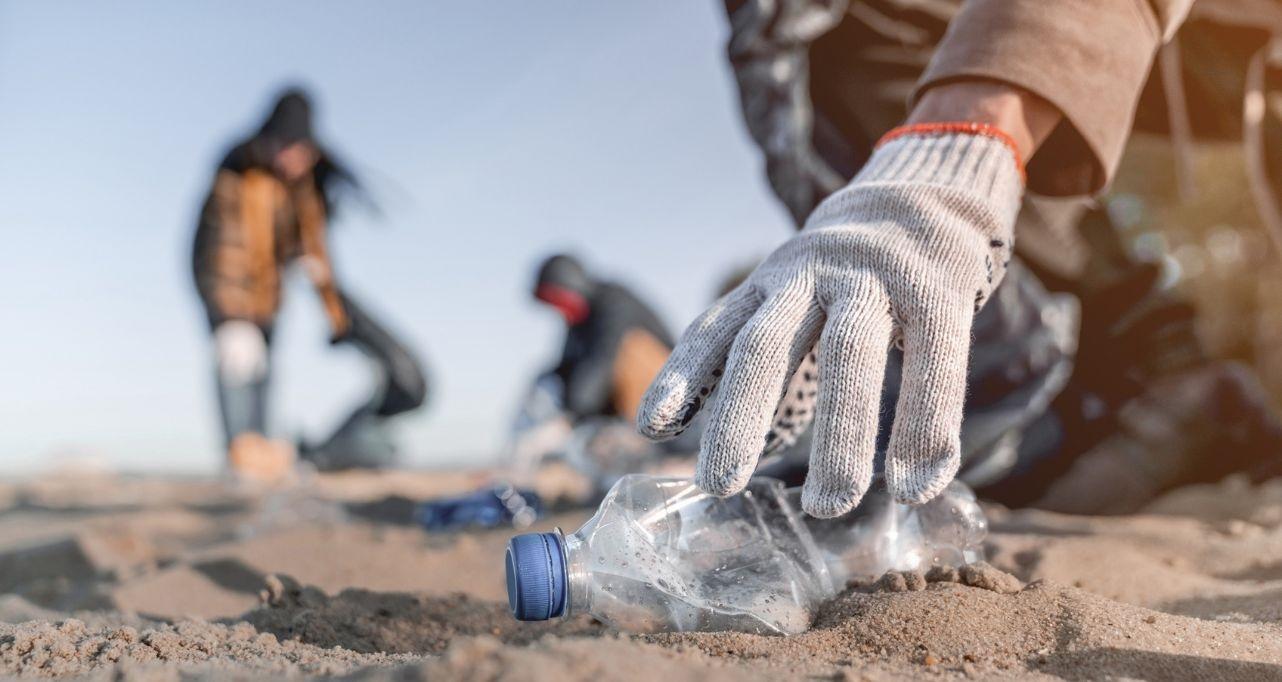
Lebanon (Enmaeya News) — A group of international development banks plans to invest more than €3 billion ($3.4 billion) by 2030 to fight plastic pollution in the oceans, marking an expansion of the world’s largest initiative aimed at solving the growing crisis.
The announcement comes as a U.N. environmental conference begins in Nice, France. The renewed effort builds on the Clean Oceans Initiative (COI), launched in 2018, which has already committed €4 billion through May 2025 — ahead of schedule, according to European Investment Bank (EIB) Vice President Ambroise Fayolle.
The European Investment Bank, along with development banks from France, Germany, Spain, Italy, and the European Bank for Reconstruction and Development, will lead the next phase of the initiative. This phase will continue supporting infrastructure projects in waste, stormwater, and wastewater management while also expanding upstream — targeting plastic production and recycling.
“We see that there is a role for us,” said Stefanie Lindenberg, project lead at the EIB. “To reduce the amount of virgin plastic that is needed or, at least, can be kept in the system.”
Projects from the first phase included wastewater improvements in Sri Lanka, solid waste management in Togo, and flood protection systems in Benin. The new round of funding will go further — aiming to help develop alternative packaging materials, expand recycling systems, and support new environmental technologies.
Lindenberg said the bank is considering a range of tools to encourage innovation. These include lower-risk loans, grants, and investments in third-party funds. “The bank could help lower the risk of developing new technologies, types of packaging and products,” she added.
The COI also hopes to work closely with development banks in Asia and Latin America, where ocean waste levels are among the highest. These partnerships are expected to build a broader network of environmentally focused investments.
The urgency of the initiative is underscored by U.N. data, which shows that plastic waste entering oceans could triple by 2040, from 11 million metric tons in 2021 to as much as 37 million tons annually.



